Cart (0)
There is nothing in your bag.

Let's add some items.
There is nothing in your bag.

Let's add some items.

Babies can have small amounts of sugar in moderation after they turn 1, but it’s best to wait until they turn 2 before introducing sugar or sweeteners like honey, maple syrup, or jaggery. Excessive consumption of sugar-rich foods can affect a child's eating habits and their ability to enjoy a variety of nutrient-rich foods.
That being said, sugar and sugar-rich foods play a delightful role in our Indian culture and cuisine! Festivals, ceremonies, weddings, and pujas often have special occasion-specific sweet treats, which are an integral part of the celebration. Occasional exposure to sugar during these special occasions is perfectly fine for toddlers under 2.

Babies have a natural preference for sweet flavors, and this preference starts from birth. Sweetness is familiar to them, beginning with the amniotic fluid they get in the womb and continuing with breast or formula milk, which contains lactose, a type of sugar. It's only natural for babies to be drawn to sweet-tasting foods!
But, let’s be cautious about giving them too much sugar before the age of 2.
1) Critical stage for growth and development: Babies undergo crucial growth and development during the first 2 years of life. This period is vital for brain development, physical growth, and immunity building. Providing a nourishing diet rich in essential nutrients is essential for their bodies and minds to develop in a healthy way.
When babies consume sugary, nutritionally poor foods, it fills their tiny tummies, leaving less space for nutrient-rich options. This displacement of nutrition by sugary foods increases the risk of nutritional deficiencies. Since babies eat only a few bites at each meal or snack, we should ensure that those bites are packed with nutrients.

2) Establishing taste preferences: Babies are already inclined towards sweet flavors, and exposing them to excessive sugary foods can reinforce this preference. Studies show that the flavors babies are exposed to in their early years tend to influence their long-term food preferences. So, offer them ample opportunities to develop a liking for vegetables, fruits, grains, which are not as palatable as cookies or candy. Introducing a variety of flavors is also key so they can start appreciating diverse tastes.
3) Health risks in teenage and adult life: High sugar intake in toddlers under 2 is associated with an increased risk of future health issues, including Type 2 diabetes, heart disease, high cholesterol, high blood pressure, tooth decay, and obesity.
These natural sugars are better for babies as these foods are rich in essential nutrients
 Select Protien Source
Select Protien Source
Natural Sugars
Fruits
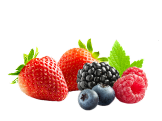
Berries
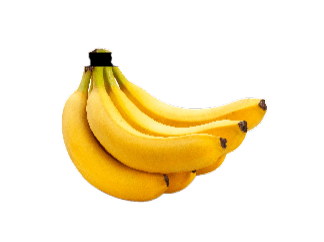
Banana
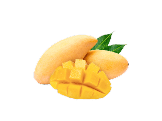
Mangoes
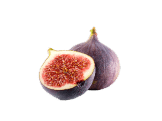
Figs
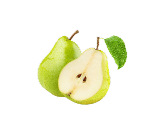
Pears

Oranges
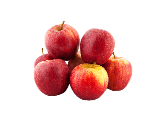
Apples
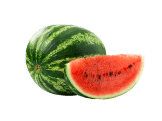
Watermelon
Vegetables

Tomato

Carrot

Corn

Pumpkin

Capsicum

Peas
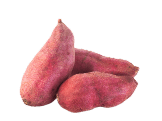
Sweet Potato
Cereals

Millets
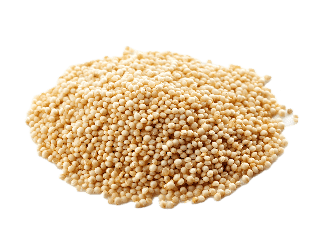
Amaranth
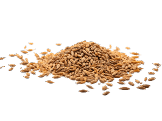
Barley
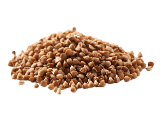
Buckwheat
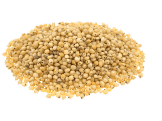
Sorghum
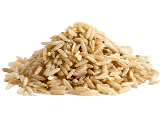
Brown Rice
Dairy
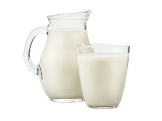
Milk
Lactose and Fructose
Lactose
fructose
Benefits of Natural sugar for babies
Added Sugars
Sources of added sugars
|
Natural sugars |
Added sugars |
|
|
The takeaway? Natural sugars found in whole foods are suitable for toddlers, while added sugars should be limited as much as possible.
Next time you read a nutritional label, watch out for these names of added sugars:


High fructose corn syrup
Fruit juice concentrate
Fructose
Dextrose
Maple syrup
Honey
Molasses
Powdered sugar
Simple syrup
Refined or White sugar

Some foods contain hidden sugars that may not taste very sweet. These include flavored yogurt or curd, flavored breakfast cereals, and dried fruits or nuts coated with sugars or honey. Reading nutrition labels can help you identify hidden sugars.
1) Balancing sugar-rich and nutrient-rich foods: Sometimes, toddlers under 2 may not even come in contact with sugary foods, and that's good. But in most cases, babies may encounter sugary foods due to external influences like older siblings or daycare. Strive for a balance where 90% of your baby's diet consists of nourishing grains, cereals, vegetables, fruits, and dairy, while the remaining 10% allows room for desserts and sweet treats.

2) Avoid using sugary foods as rewards: Avoid using sweet treats as rewards for good behavior or meal completion.
3) Offer non-sweetened beverages: Instead of fruit juices or sugary drinks, give your baby water or milk or home-made juices from fresh fruits.
4) Model good eating behaviors: When your baby sees you and other adults in the family enjoying vegetables, fruits, and nutritious snacks while choosing them over sugary alternatives, they're likely to follow suit.
Express your excitement or delight when eating healthy foods. By associating enthusiasm with nutritious options, you encourage your baby to develop a similar appreciation for healthy eating habits
5) Coordinate with other caregivers: If you have other caregivers involved in your child's care, like grandparents or daycare providers, discuss the importance of limiting sugary foods and come up with alternative rewards or treats. It’s normal for grandparents to be over-indulgent with their grandbaby. They may even find it hard to say no to them. So together come up with alternatives that grandparents can give babies in place of sweets. For example, a sticker can be given as a reward or treat in place of something sweet.
It’s okay if your baby sometimes enjoys small amounts of sugar, especially during special occasions. Your child's overall well-being is what really matters, and you can mindfully teach them healthy eating habits at other times.


 We suggest
We suggest









Check your WhatsApp for Slurrp It Up’s first message to you. ☺






